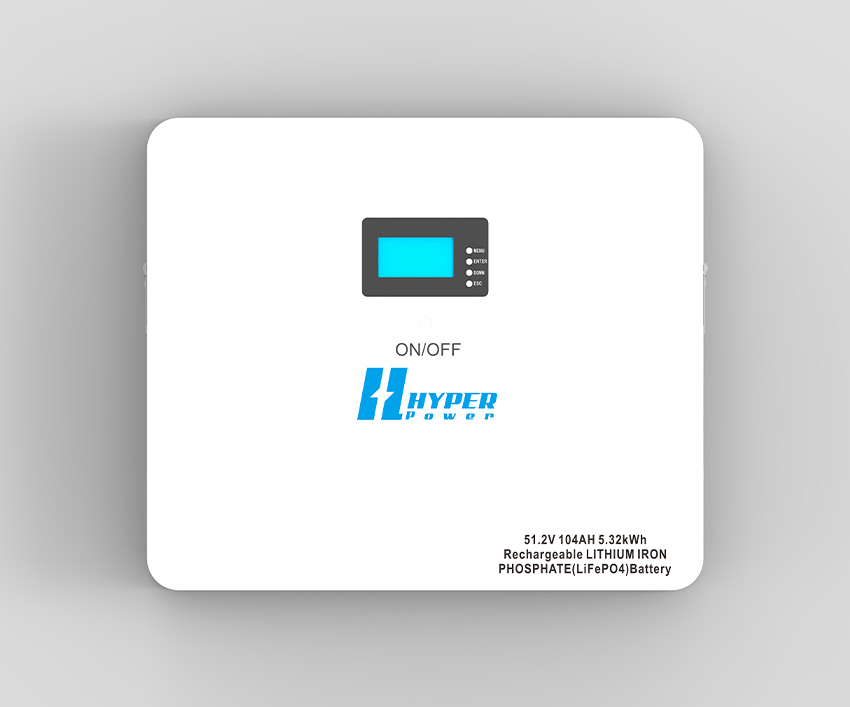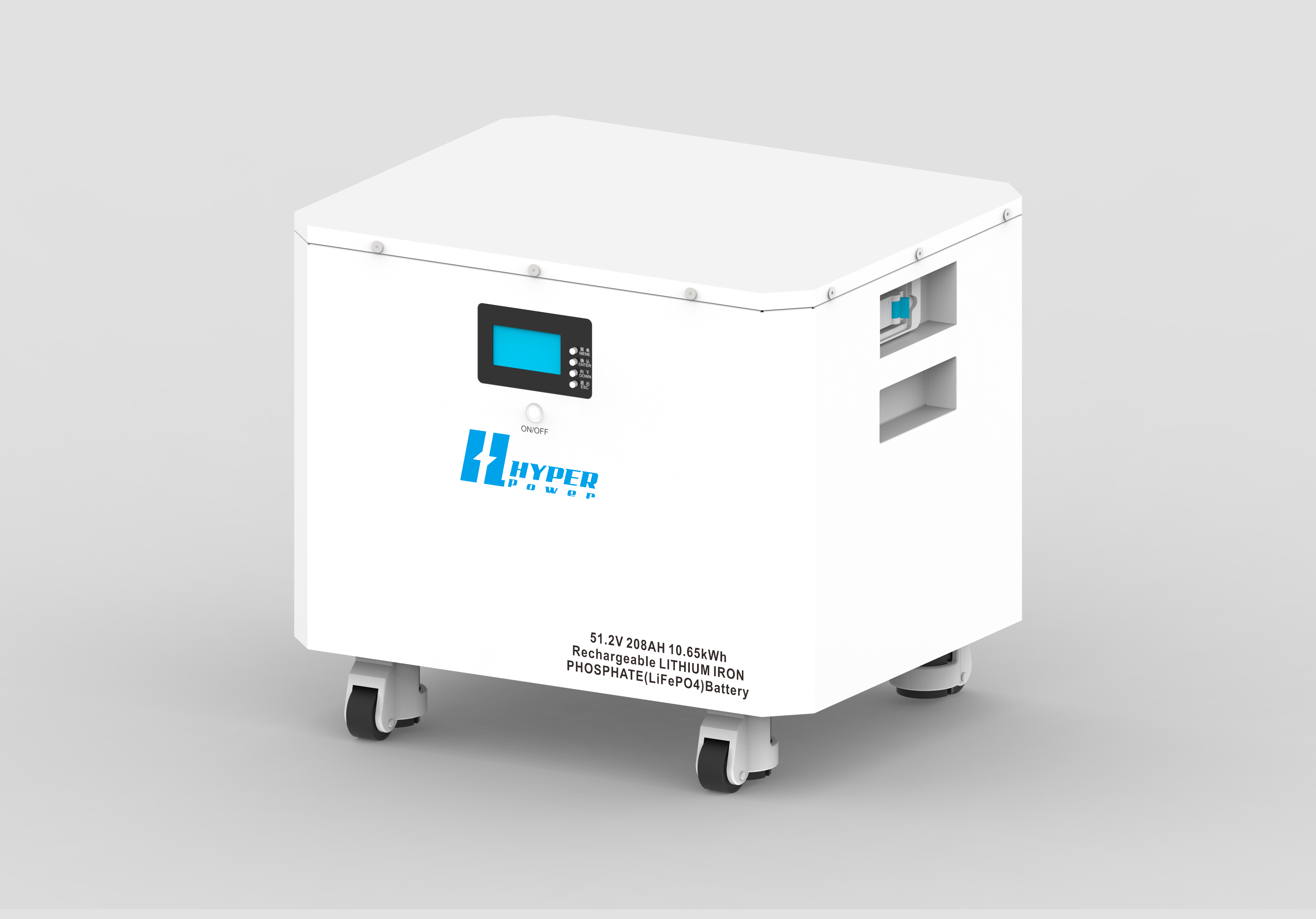Rack Mounted Lithium Battery vs. Wall Mounted Lithium Battery: Which One Suits Your Needs?
Explore the differences between rack mounted lithium batteries and wall mounted lithium batteries to determine which option best fits your energy storage needs. Rack mounted lithium batteries offer scalability and efficient organization for larger systems, while wall mounted lithium batteries provide compact solutions ideal for limited spaces.
Explore the differences between rack mounted lithium batteries and wall mounted lithium batteries to determine which option best fits your energy storage needs. Rack mounted lithium batteries offer scalability and efficient organization for larger systems, while wall mounted lithium batteries provide compact solutions ideal for limited spaces.
Introduction
In the rapidly evolving landscape of energy storage technology, selecting the right type of lithium battery is a critical decision for individuals and businesses alike. With the surge in demand for reliable energy solutions, you may find yourself weighing the benefits of two popular options: rack mounted lithium batteries and wall mounted lithium batteries. This comprehensive guide will delve into the characteristics, advantages, and disadvantages of each type, helping you to determine which one best fits your energy storage needs.
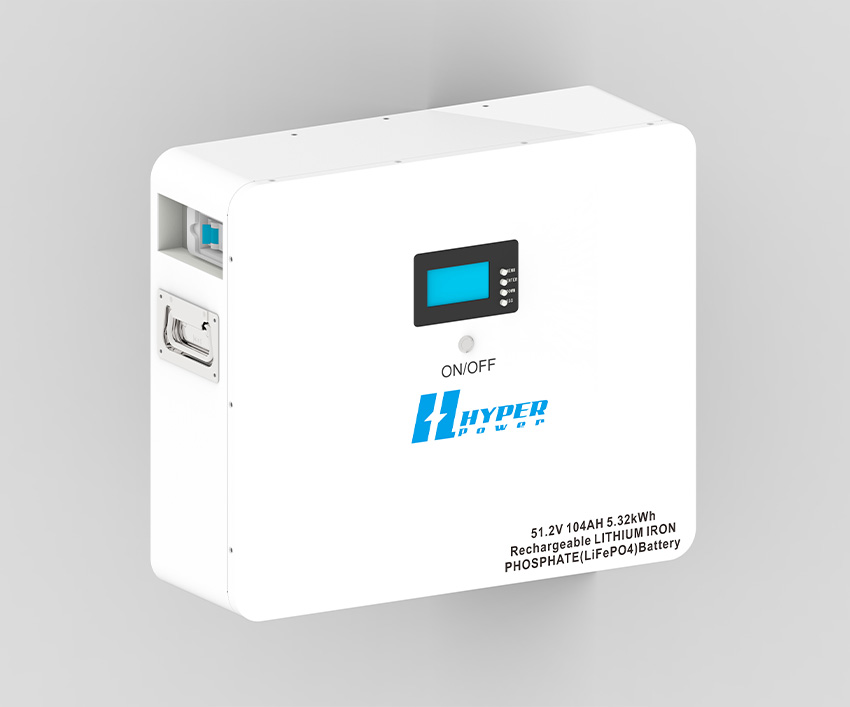
Understanding Rack Mounted Lithium Batteries
Rack mounted lithium batteries are engineered to fit seamlessly into standard server racks, making them particularly advantageous for businesses that already have an established rack infrastructure. These batteries are modular in nature, allowing for effortless scalability. As energy demands increase, users can conveniently add more units without overhauling their entire system.
Key Benefits
- Space Efficiency: Rack mounted batteries allow for optimized use of vertical space, making them perfect for environments where floor space is at a premium.
- Integration Capabilities: They can be easily integrated with existing systems, such as data centers or industrial applications, enhancing operational efficiency.
- Commercial Suitability: Their high capacity and performance metrics make them ideal for commercial applications, where large amounts of energy are often needed.
- Advanced Features: Many rack mounted options come equipped with advanced monitoring systems, allowing users to track performance metrics and optimize usage.
- Safety: These systems often have built-in safety features to manage thermal events and prevent overcharging, making them reliable for high-demand environments.
Exploring Wall Mounted Lithium Batteries
On the other hand, wall mounted lithium batteries provide a compact and aesthetically pleasing solution tailored for residential and small commercial applications. Installed directly on walls, these batteries save valuable floor space, making them a popular choice for homes or offices constrained by limited area.
Key Advantages
- Ease of Installation: Wall mounted batteries typically feature simpler installation processes, often requiring just a few brackets and screws without the need for complex wiring.
- Maintenance: With easy accessibility, maintenance and monitoring can be performed quickly, making them user-friendly for homeowners and small business owners.
- Aesthetic Appeal: Many wall mounted options are designed with aesthetics in mind, blending seamlessly with home or office decor.
- Energy Backup Systems: These batteries are particularly advantageous for backup power solutions, ensuring that critical systems remain operational during outages.
- Cost-Effective: Generally, wall mounted batteries have lower initial costs, making them a budget-friendly option for individuals or small businesses.
Comparing Performance and Capacity
When assessing performance and capacity, both rack mounted and wall mounted lithium batteries exhibit unique characteristics that serve different needs effectively.
Rack Mounted Lithium Batteries
- Higher Capacity Options: These batteries typically offer a wider range of capacity options, often exceeding tens of kilowatt-hours, making them suitable for large-scale commercial usage.
- Longer Cycle Life: They tend to have a longer cycle life due to their advanced thermal management systems, providing a better return on investment over time.
- Overall Efficiency: Rack mounted batteries often exhibit superior energy output and efficiency, especially in industrial and commercial settings.
Wall Mounted Lithium Batteries
- Lower Capacity Focus: Wall mounted units generally cater to lower energy needs, making them ideal for residential applications or small businesses where less energy is required.
- Cycle Life Consideration: While they may have a shorter cycle life compared to their rack mounted counterparts, they still offer reliable performance for average daily energy consumption.
- Efficiency: Wall mounted batteries are optimized for home use, ensuring that they deliver adequate power for essential appliances and systems.
Installation and Maintenance Considerations
The installation and maintenance aspects are crucial when selecting between these two battery types.
Rack Mounted Lithium Batteries
- Professional Installation: Due to their complexity, rack mounted batteries usually require professional installation, which can increase initial costs.
- Wiring Complexity: The installation often involves more elaborate wiring and integration with existing infrastructure, necessitating technical expertise.
- Ongoing Maintenance: While these systems can be monitored remotely, routine maintenance checks may require specialized knowledge to ensure optimal performance.
Wall Mounted Lithium Batteries
- Simpler Installation: Wall mounted units often feature straightforward installation processes that can typically be done by an individual without professional assistance.
- Less Wiring: With minimal wiring required, these systems are less invasive and can be adjusted or relocated with ease.
- Low Maintenance: Maintenance is generally user-friendly, allowing for easy troubleshooting and minimal downtime.
Cost Analysis
Cost is a critical factor in any purchasing decision, especially for energy storage solutions.
Rack Mounted Lithium Batteries
- Higher Initial Investment: The advanced features and higher capacities come with a higher upfront cost, which may deter some buyers.
- Long-Term Savings: While the initial investment is substantial, the potential for energy savings over time can justify the expense, especially for businesses with significant energy needs.
- Return on Investment: Businesses that heavily rely on energy may find that rack mounted batteries provide a quicker return on investment due to their efficiency and capacity.
Wall Mounted Lithium Batteries
- Budget-Friendly Option: Wall mounted batteries have a lower price point, making them accessible for homeowners and small businesses.
- Potential Energy Savings: While the savings may be less pronounced than with rack mounted options, they still provide a reliable backup solution that can reduce energy costs.
- Financial Flexibility: The reduced initial cost allows users to allocate funds elsewhere, enhancing financial flexibility.
Conclusion
In conclusion, choosing between a rack mounted lithium battery and a wall mounted lithium battery ultimately comes down to your specific energy needs, available space, and budget.
For Commercial Users: If you operate in a commercial environment with high energy demands, the scalability, efficiency, and advanced features of rack mounted lithium batteries make them the superior choice.
For Residential Users: Conversely, if you're a homeowner or small business owner seeking a compact, cost-effective solution for energy backup, wall mounted lithium batteries may be the ideal fit.
By carefully evaluating the advantages and disadvantages of each type, you can make an informed decision tailored to your requirements. Assess your energy storage goals today and select a solution that seamlessly fits into your lifestyle or operational framework.
Blog

Maximizing Energy Independence with Home Lithium Battery Storage

How Residential Photovoltaic Energy Storage Systems Empower Sustainable Homes
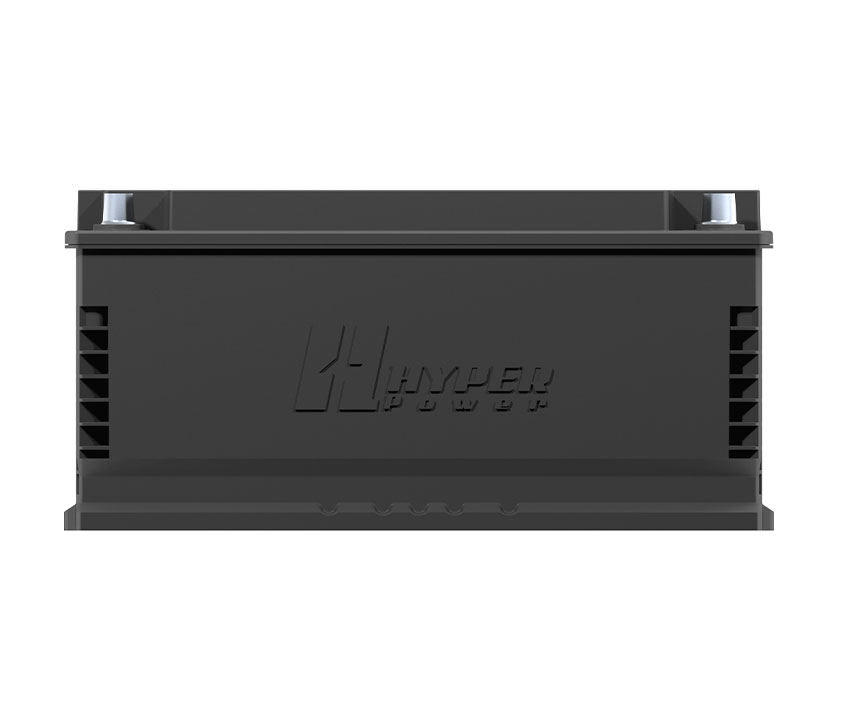
Why the 12V Lithium Ion Car Battery is the Smarter Automotive Power Solution — Insights from JEJE Energy
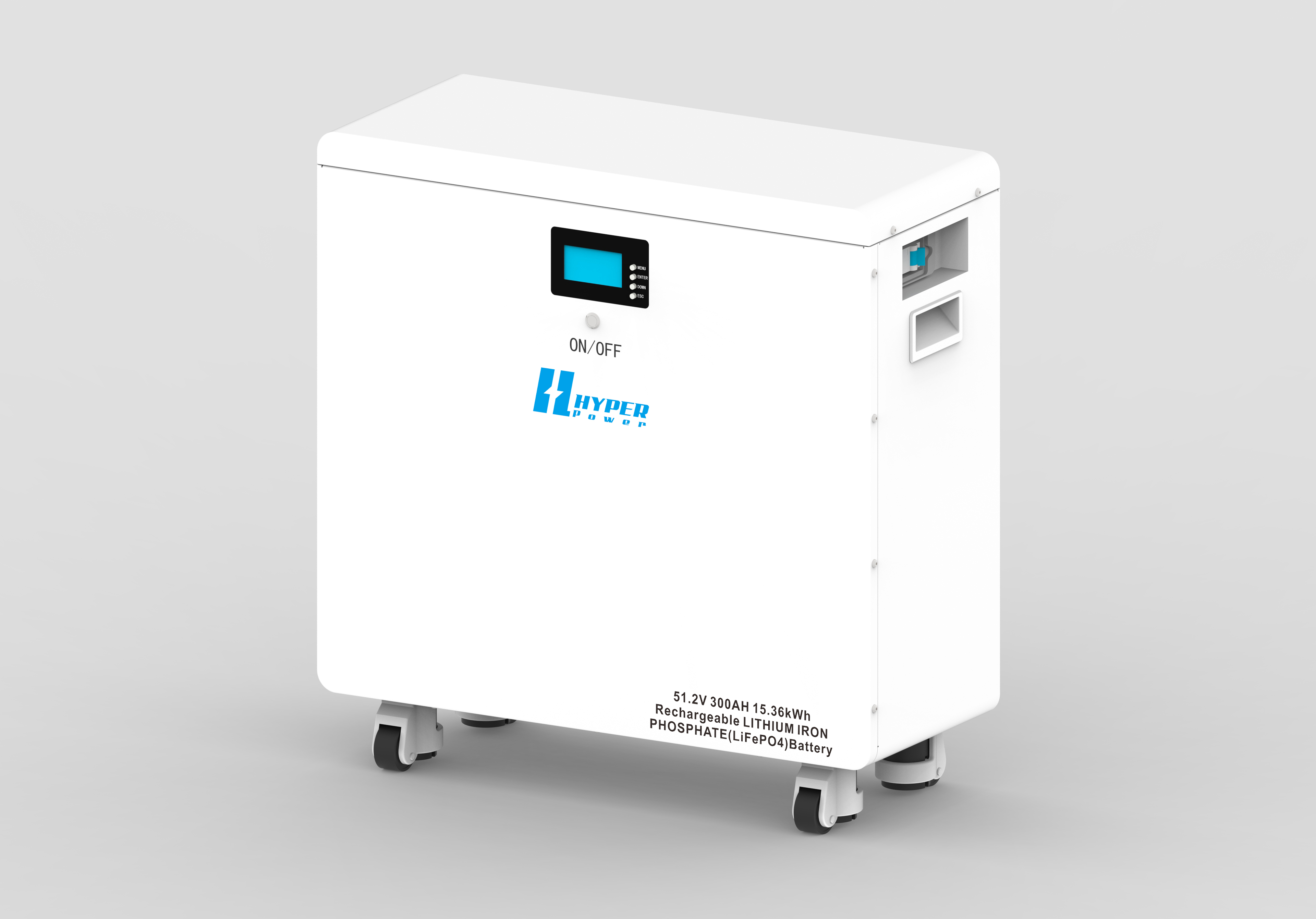









-Charging.png)
.jpg)

















